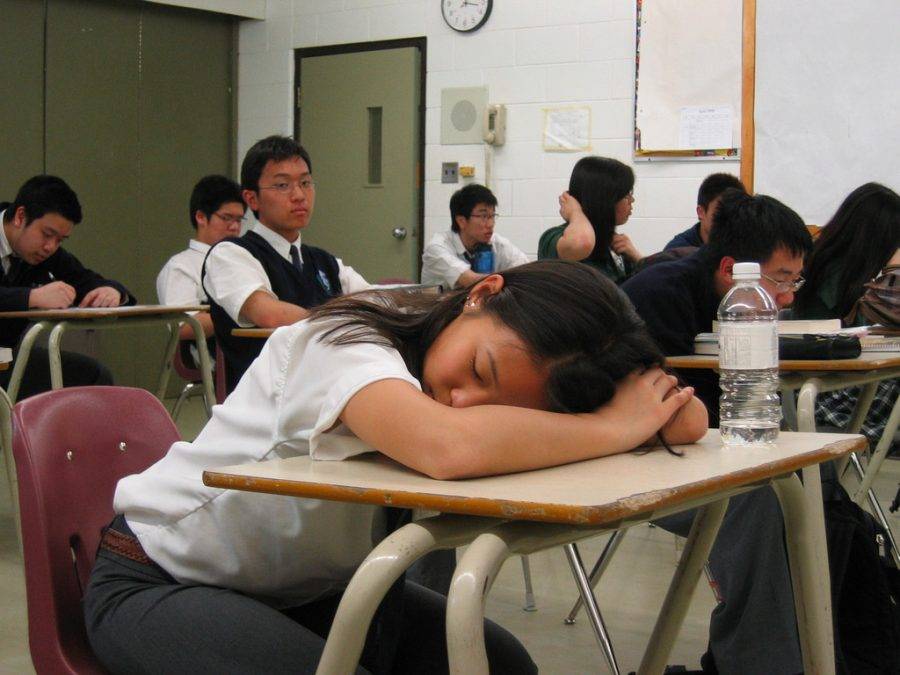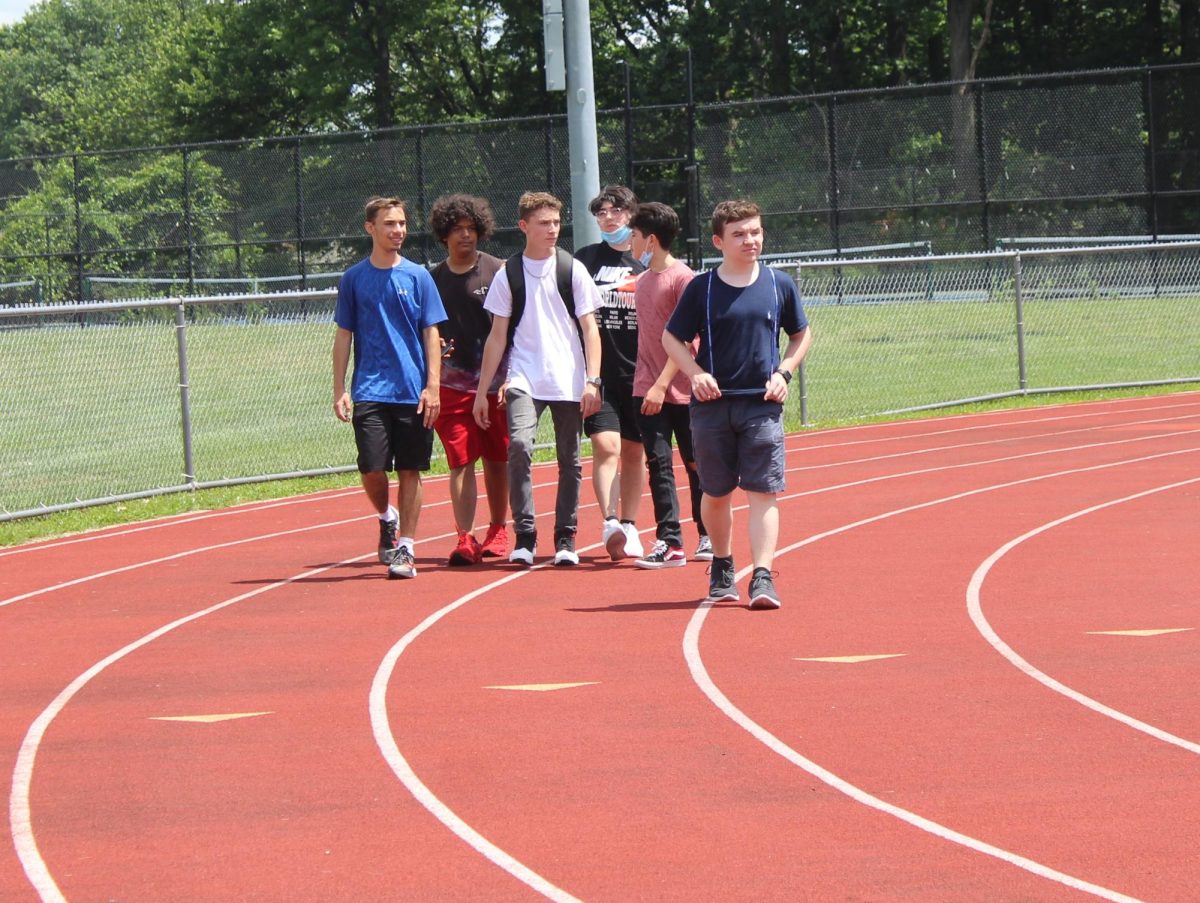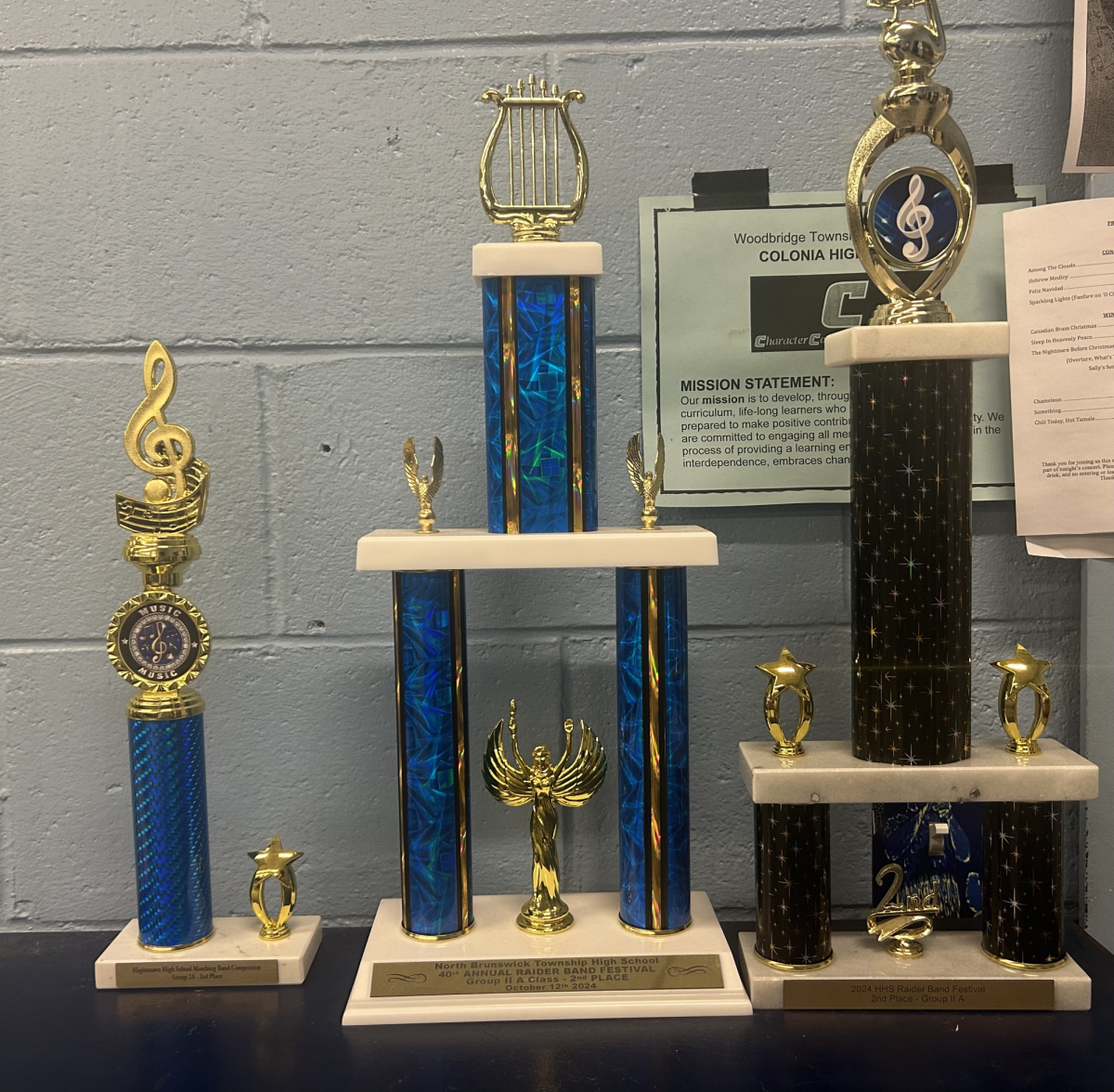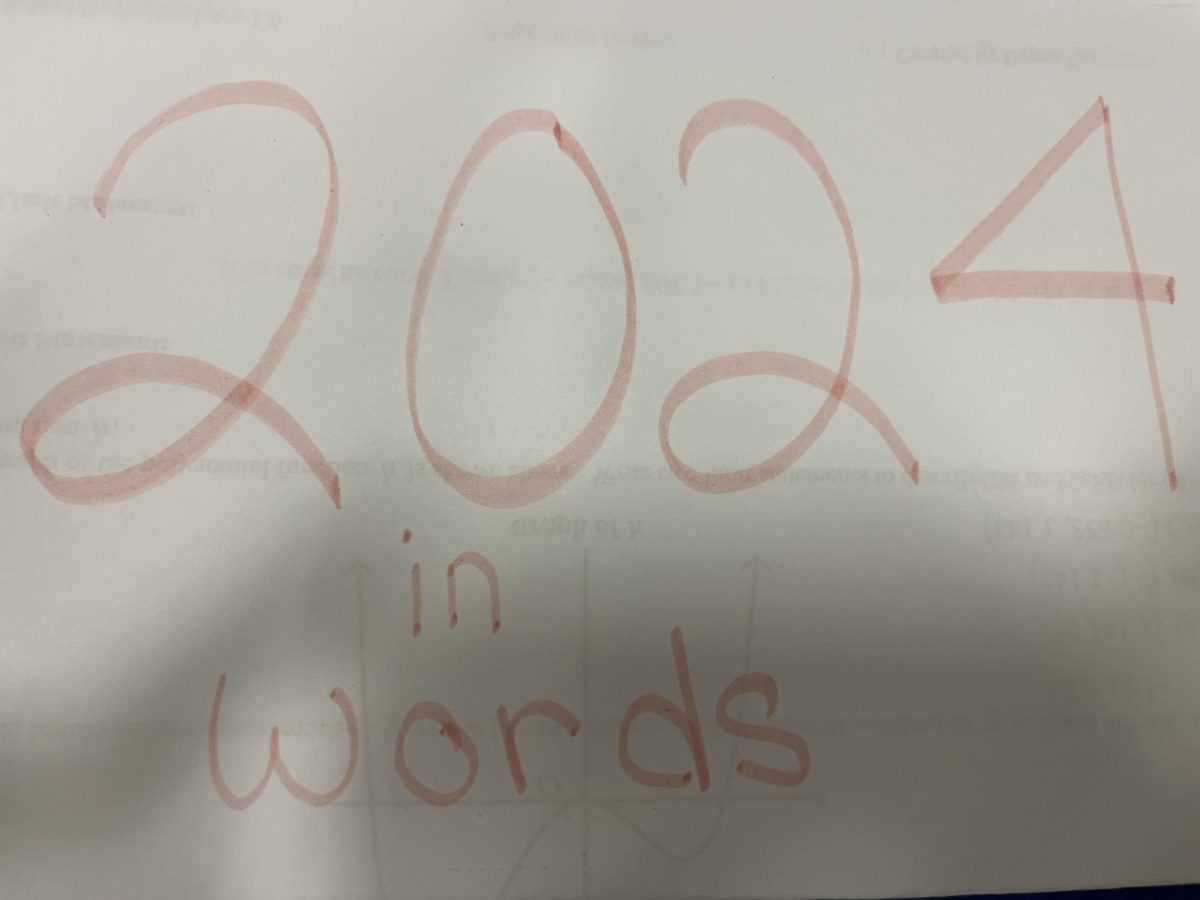Have you ever wondered about how much sleep you get, and how much you really should? Over 100 people answered questions on their sleep habits, good and bad, over the past two weeks. The Declaration conducted a survey to see how these sleep habits specifically affect students.
Although people need sleep and everyone knows how vital it is, are people taking it for granted? What really is keeping high school students up so very late? Do high school students really have an addiction to social media? These are the questions we needed to find out, and over 100 people helped our cause.
The Declaration survey consisted of 53% male and 47% female, so there was a good balance. To start, students were asked how late they usually go to sleep every night. 41 people out of 102 answered that they go to sleep after 12 pm. This would leave these individuals with at most just over six hours of sleep. This makes sense because our next question asked how many hours these students need in order to function. Our most common answer by 44 people was only six hours of sleep. To put this number into perspective, a study conducted by Nationwide Children’s Organization, talking about teens said, “they need between 9 and 9 ½ hours (studies show that most teenagers need exactly 9 ¼ hours of sleep).”
This shows that students are not getting enough sleep, and now we wanted to find out why. When asked what makes these students stay up five answer choices where given. These consisted of Homework, stressing, video games, texting and face timing, and TV or Netflix. At first our most expected response was some type of hobby, such as video game or Netflix. We turned out to be wrong and 37% of people said that homework keeps them up. To go along with this, just under 53% of people said they receive two to three hours of homework. This happening almost every single night.
Junior student Shreel Shah said, ” Both teachers and students can benefit from less homework but I also see why a lot of homework is given out. Teachers need to keep students in check through homework assignments. These bad sleep habits develop from procrastination which is very common in high school. Some nights I find myself staying up way past midnight cramming for a test or finishing an assignment. Although this will get me the good grade, it affects my whole next day and focus in class.” What Shah mentions seems to be the common cycle or routine for a large portion of high school students.
With this in mind, we asked students how tired they are when they first walk through those doors in the morning. This question gave the people the option to answer one through five, one being completely energized and five being they are falling asleep in every class. This question showed students true feelings towards the morning and gave overwhelming results. Only 14 people chose either choice one or choice two. This meaning they have a good amount of energy coming into the school day. Our highest choice was choice five, being the most tired, with 32 responses. Even the students that chose choices three and four showed they feel at least a little tired coming to school.
So now that we know coming to school is an issue, how do students feel when they get home from a long, nearly seven hour school day? This question also allowed people to answer one through five, one being not tired, and five needing to fall right asleep. This time only one person chose choice one, meaning they were completely fine on energy after school and only a combined 27 chose choices one through three. This means that 75 students chose either a four or a five meaning they were tired after school. Out of these 75, 44 chose choice 5, meaning they desperately need a nap.
A nap could be a good source of energy, but taking it too late could keep you up at night. 45% of students said they would take a two hour nap if they decided to take one after school. This might not seem like a lot but according to the Huffington Post, a nap of two hours or more can give you up to 24 hours of energy. This could make it very difficult to fall back asleep when the time comes.
Although this survey is pertaining to all students, our last two questions chose to focus on those that participate in Athletics. When asked how many hours of sleep athletes should get, it was six hours. This might not sound significant but athletes are taking extra hours out of their day exerting full energy into practice and games. This should amount to more sleep to have full energy for the next day but it doesn’t.
Does this amount of sleep affected their play in the sport of their choice? It was on a scale of one to five, one being no, they are completely fine. Or 5 being yes, they can never give full effort. Out of only 67 athletes 39 chose answers 4 and 5. This surprised us and showed that sleep is a large portion of how a student will perform. Not only just in the classroom.
According to Junior football player Jason Reyes, “Due to my lack of sleep and poor nightly routine, I find myself feeling extremely sluggish in school and after practice. I am constantly dozing off in my classes and after practice taking long naps that keep me up later in the night. It is not a healthy routine, but it gets me through what I have too.”
This also opened people’s eyes to thinking that maybe students who are getting the what seems to be common six hours have enough to get through the school day, but anything outside of the classroom is where their lack of sleep hits them. Students should prepare for what the day has for them, and it all starts with sleep. Sleep is a necessity for everyone but it seems here that students are not getting enough of it.












